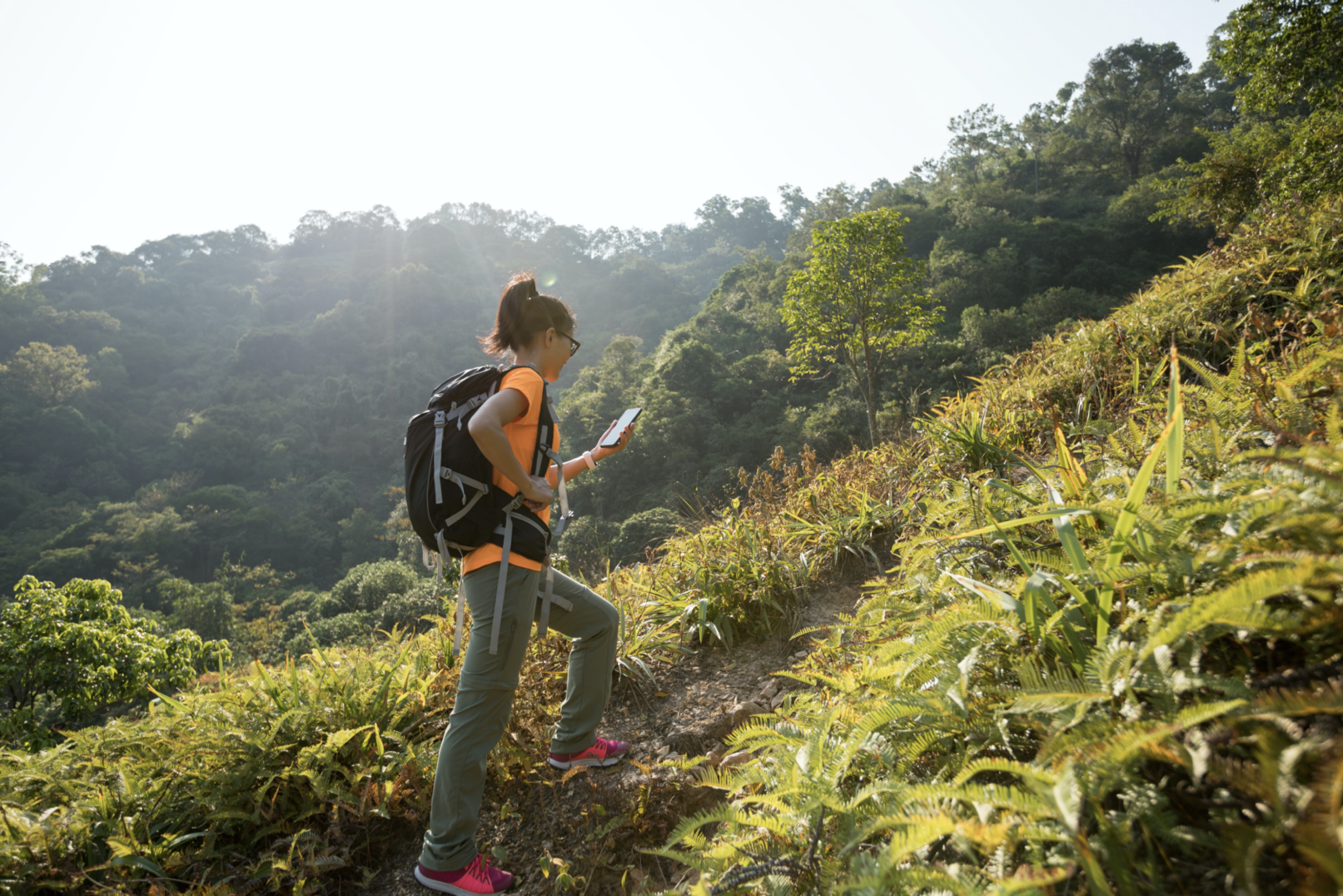Credit: Igor Stramyk/Shutterstock.com
This morning, Turing Labs announced their Series Seed funding led by Moment Ventures with participation from Y Combinator and Eric Ries, among others. We started Moment to work with entrepreneurs using technology to transform industries and how work gets done. Turing’s founders, Manmit Shrimali and Ajith Govind, share that passion. Their positive energy and deep desire to create meaningful change for their customers is exciting and we are thrilled to be part of this adventure.
Manmit and Ajith started Turing after working together for years providing data science consulting services across several industries. Working with companies in the consumer packaged goods (CPG) industry, they saw some acute problems in their clients’ R&D processes. Turing was started to help solve these problems and is working with a host of paying customers, with many others waiting for product access. We really like founders that have spent time in industry and understand the business problems of their customers intimately and our ears definitely perked up when we heard the Turing origin story. I probably had a subconscious interest in the sector given some personal background in the area which, like many South Asian related stories, has a family angle.
My cousin Asif is one of my kids’ favorite uncles. The reason is simple — when they were growing up, he worked in R&D at Wrigley and Mars. Asif would show up to visit with a bag full of hard candies, chewing gums, and chocolates. Favorite candies in wrappers in different languages, brand new chewing gum brands and funky chocolate bar flavors were very exciting for a five year old. In one particularly memorable visit, he led them through a formal tasting of different flavors of candy just like he would during a consumer test at work — they loved the seriousness of the whole exercise. Afterwards, while they ran around on a sugar high, Asif told me stories about the complexity of product development and the time and money it took to launch new products and take established products to different countries. It sounded very hard. Why is that?
CPG products are ubiquitous in our lives. Food, beverages, household cleaning, personal grooming and cosmetics are just some of the categories that are part of it — it’s a multi-trillion dollar global industry. These products are designed, made, packaged and distributed by organizations that have huge investments in capital equipment, people, brands and channels. Given the physical nature of the goods and the fact that safety, cost, efficacy and attractiveness are essential to their success, the processes used to design, manufacture, and launch these products are detailed, meticulous, and multi-faceted. It typically takes many months, even years, for a product to go from the drawing board through formulation, efficacy and consumer testing and packaging design before it hits the shelves. The globalization of industry leaders (which means products have to be customized to local markets), increasing importance of social issues and environmental concerns (driven by regulation and consumer preferences) and changing face of competition and distribution (from the growth of e-commerce) are just some of the trends driving CPG manufacturers to drive faster product innovation.
Based on the heritage of these companies and products, CPG product development processes are very “physical” in nature, involving extensive chemical analysis, repetitive testing and statistically valid consumer sentiment analysis. Manmit and Ajith saw this problem first hand in their customers’ environment. For just one set of brands in one product category, the physical infrastructure extended to many thousands of square feet and huge volumes of capital equipment in a centralized location. The process to find a product (or product extension or localization) involved thousands of trial and error tests of different combinations of ingredients and once potential formulations and packaging were identified, extensive consumer testing. Given that these companies have been doing this for a while (P&G is almost 200 years old), they have vast amounts of data and tacit knowledge in their R&D organizations. The Turing team’s insights are about how to turn this into useful information and use it to dramatically shorten development timelines.
Think of CPG product development as navigating across a huge landscape full of potential routes and interesting places to visit. Without digital technology, it is still possible to explore the landscape using expert human guides, paper maps, and local geographical features. However, the route is meandering and the process tortuous. Through a series of twists and turns you can eventually get to where you want to go. With the help of GPS, it’s possible to find the optimal route to your destination much more efficiently. The understanding of the landscape and the benefits of prior experience are encoded in the data that helps find the way. Turing’s products are that GPS for their customers as they navigate the landscape of product innovation possibilities. Instead of twisting and turning, the trial and error of repeated iterative product testing, the GPS is a “trial and succeed” way of working. A product innovation journey that could take a really long time is suddenly a lot faster and the key insights reached much sooner and cost-effectively because of a quick and accurate GPS.
After working on the product and with initial customers in 2019, the team at Turing is off to a flying start. Launching the company in 2020, in the midst of the Covid 19 pandemic, Turing, like most businesses, has faced unforeseen challenges. With customers around the world and founders in different countries, stuck because of travel restrictions, the team has dealt with the environment with grace and humor. The pandemic has put a sharp point on the benefit of using digital technologies for work and Turing’s success to date is a clear example of the benefits of such technologies. Given that many CPG R&D research scientists and engineers are working from home and unable to physically access their labs, the ability to make progress on projects while working remotely is proving critical to Turing’s customers. Many sectors of the economy are going through dramatic change in accelerated time frames because of the pandemic and the CPG industry is no exception. CPG giants are seeing customer demand surge and supply chains and internal processes strained. The urgency of the Turing mission has never been clearer.
Now that Asif has two little kids of his own, I have noticed a distinct reduction in the amount of candy being pushed to his young relatives. Perhaps it’s because he now works on caffeinated beverage products which aren’t easy to ship — I am grateful for small mercies! Somewhere there is another R&D scientist working hard to make life more exciting for her customers and the team at Turing is ready to make her work a lot more fun and rewarding.

Credit: lzf/Shutterstock.com
Read the full post on Medium.

